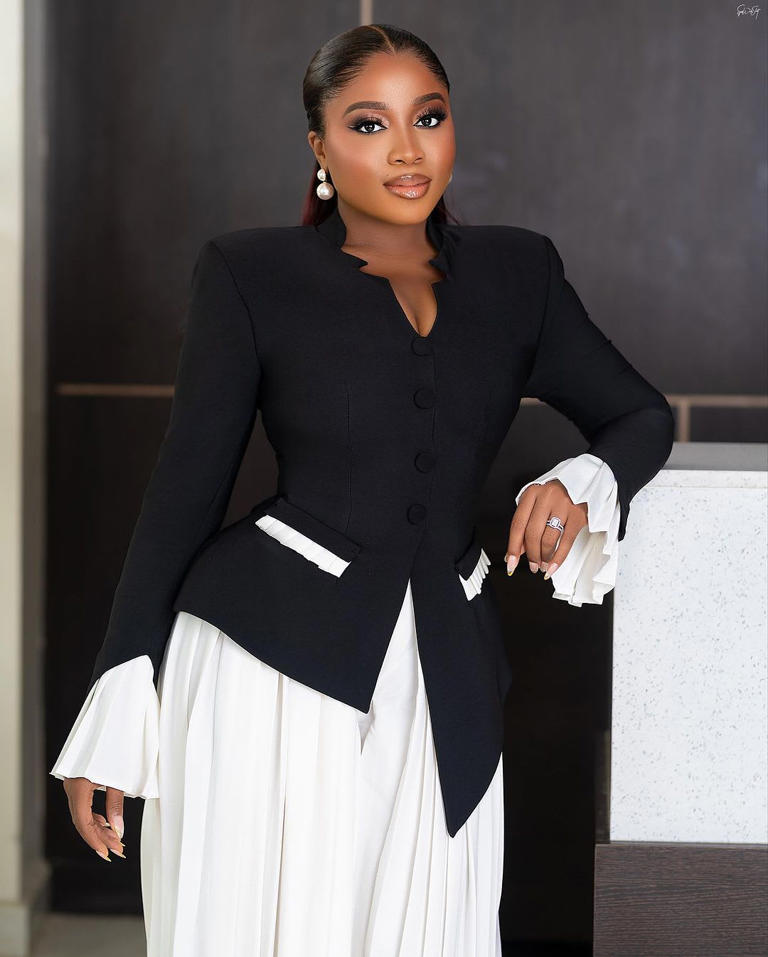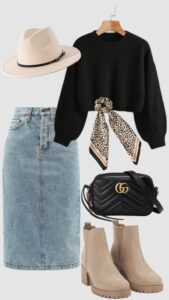
Veekee James Claps Back at Troll Who Insulted Her Looks – When is Enough Enough?
In an era when body positivity and self-love are celebrated, it’s remarkable how much cyberbullying remains part of the social media landscape. The latest example: Nigerian fashion designer Veekee James found herself at the center of an online confrontation this week after an internet troll made derogatory comments about her looks. Her response, both assertive and unapologetic, reignited the debate over how celebrities and influencers should handle trolls in the digital age.
Veekee James, known for her stunning designs and empowering approach to fashion, has never been one to shy away from expressing herself. Whether through her designs or her public statements, she’s a force of individuality and strength. So, when a troll took aim at her appearance in a mean-spirited comment, she didn’t hesitate to clap back.
In a bold response, Veekee reminded her followers—and the troll in question—that everyone deserves respect and that people’s opinions on someone’s looks are often a reflection of their own insecurities. This wasn’t just a one-off reaction, either; Veekee has previously addressed beauty standards and societal pressures, urging people to embrace their true selves without yielding to external criticism.
However, not everyone is applauding her reaction. Some argue that engaging with trolls gives them exactly the attention they crave, and that public figures should take the high road, staying above the fray of internet drama. “Veekee James has always been classy, but clapping back at trolls only brings her down to their level,” wrote one social media user in response. Critics argue that her fierce response may inadvertently encourage more trolls, as they realize they have the power to provoke a reaction from high-profile figures.
On the other side of the argument, many are praising Veekee for standing up for herself and calling out unacceptable behavior. They believe that by addressing trolls head-on, she’s helping dismantle the toxic culture of online bullying and letting others know that it’s okay to demand respect. After all, celebrities are people too, and constantly enduring hateful comments can take a toll on one’s mental health.
This incident raises some important questions about where the line should be drawn. Should celebrities ignore trolls in the hope that they’ll eventually lose interest, or is it better to confront the issue publicly to demonstrate that such behavior won’t be tolerated? In a world where cyberbullying is often brushed off as “just part of being online,” Veekee’s response sheds light on a problem that affects countless people, both public figures and ordinary individuals alike.
Veekee James’ clap-back may not have been universally appreciated, but it speaks volumes about the need for change in online culture. It also suggests that women—particularly women of color, who often bear the brunt of such attacks—should feel empowered to stand up for themselves in the face of bullying. At a time when self-acceptance is revolutionary, Veekee’s message is clear: no one has the right to tear someone down based on their looks.
Ultimately, the Veekee James incident is about more than a single troll’s harsh words. It’s about challenging the notion that public figures should simply accept abuse as “part of the job.” And as more people join the conversation, one thing is certain: this is a debate that isn’t going away anytime soon.






